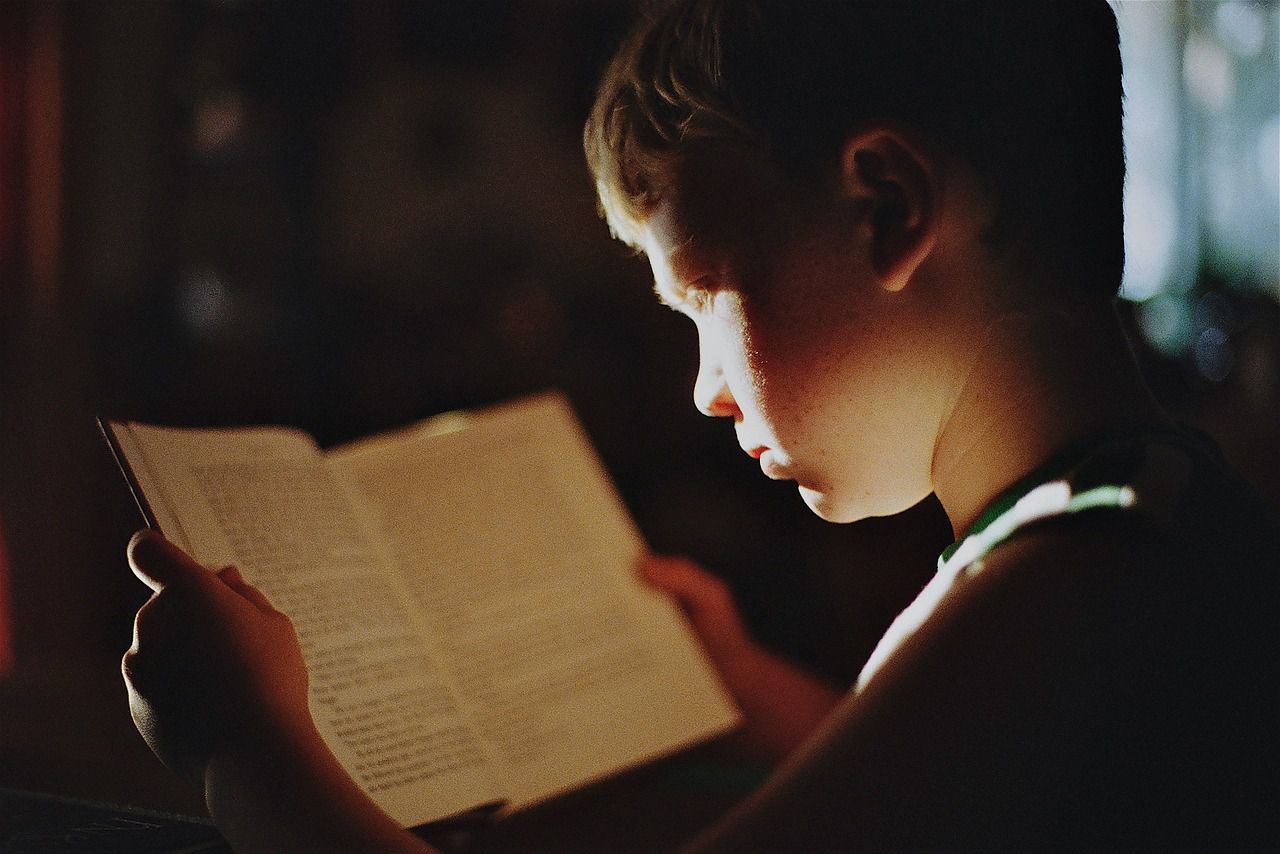Children diagnosed with dyslexia exhibit heightened emotional reactivity compared to children without dyslexia.
Published in Cortex, the study found that children with dyslexia displayed increased physiological and behavioral responses while watching emotional videos, showing the stronger connection in the brain's salience network, which supports emotion generation and also self-awareness.
These findings challenge traditional views of dyslexia and suggest that the syndrome encompasses a broader range of characteristics beyond reading difficulties.

An interesting study on children's dyslexia
The study supports the notion that dyslexia is often associated with hidden interpersonal strengths.
The research involved 32 children with the phonological form of dyslexia and 22 kids without it.
Children with dyslexia showed heightened emotional facial expressions and physiological reactivity when watching emotional film clips, demonstrating stronger connectivity between brain structures linked to emotions and self-awareness.
Why is it important?
The study sheds light on the complexity of dyslexia and the presence of both strengths and weaknesses associated with the condition.
The findings emphasize the importance of addressing emotional strengths and vulnerabilities in educational approaches for children with dyslexia.
The study also underlines the interdisciplinary nature of dyslexia research, highlighting the need for collaboration between neuroscience, psychiatry, psychology, and education to better understand and support individuals with dyslexia.












